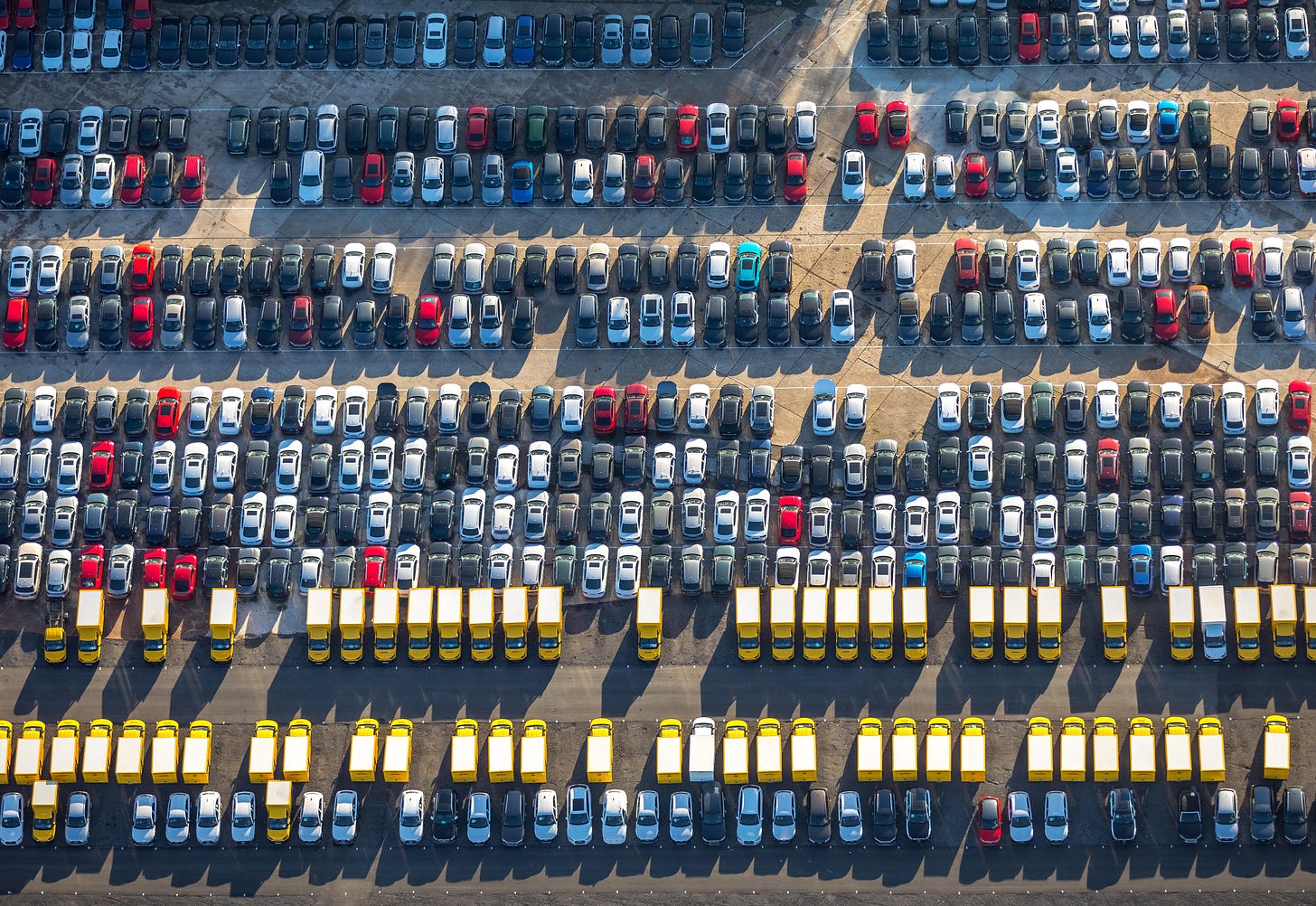
Another day, another subsidy to try and make us love electric cars. Like its predecessors, this bung shows signs of being inserted into the leaking vessel without much thought. Unlike its predecessors, it has already irritated the Chinese, who have emerged as market leaders in this new industry.
Despite the unrelenting efforts of the car industry trade body to spin the figures, citizens paying with their own money remain wary. The bulk of sales are to corporates, thanks to a benefit-in-kind tax regime that effectively means that petrol company cars are an indulgence. Despite this, the Society of Motor Manufacturers and Traders never lets another disappointing month go by without calling for taxpayers’ help to lure in private buyers.
Now, it seems, persistence pays, as so often with pressure applied to this incontinent government. The details are vague. A lucky few models will qualify for a grant of “up to” £3,750, while the rest get £1,500. Apparently, Chinese-made models will not qualify, because they are made with coal-fired electricity, which at least shows some imagination from the Energy Department. Teslas are again regarded as playthings for the rich, so they get nothing.
Showing their mastery of hypocrisy, the Chinese have said this is against the principles of fair trade which they hold so dear. The small band of UK manufacturers are far from gruntled, too. They were promised a meeting this week to explain the new rules, although if the scheme had really been more than a back-of-the-envelope sketch, an explanation could have come with the announcement.
As for the bung itself, it may do more harm than good to sales of electric vehicles. They currently cost around a fifth more than the equivalent petrol car, and no buyer is going to rush in until she knows how much cheaper the car will be. The move threatens to deal another blow to second-hand values, hitting the three-quarters of private buyers who have bought under a leasing scheme. The gap between the three-year depreciation of a petrol car and the corresponding EV is already a big disincentive to new car buyers, and any further deterioration in values could outweigh the saving from a subsidised purchase.
In addition, the looming ban on sales of new petrol cars will keep their second-hand values embarrassingly high. It seems that here is another government initiative that will have the opposite effect to that intended, at an estimated cost of £650m. As the director of one motor manufacturer told the FT: “It’s a total mess,” while another said: “This is what the industry wanted . . . but there is going to be a lot of uncertainty, which is the last thing we need.” Be careful what you wish for.
